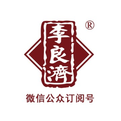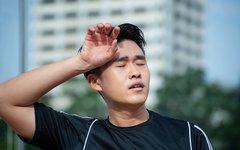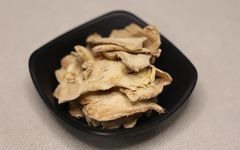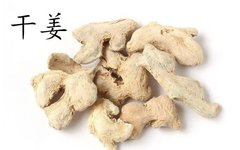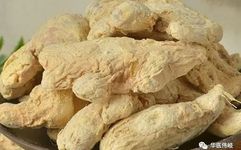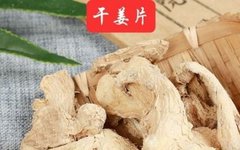Tongue Coating Diagnosis in Traditional Chinese Medicine
The normal color of the tongue coating in healthy individuals is thin and white. This is due to the differentiation of the filiform papillae at the tip of the tongue mucosa into “keratinized trees”. In the gaps between the branches of the “keratinized trees”, there are often shed keratinized epithelium, saliva, bacteria, fungi, food debris, … Read more


